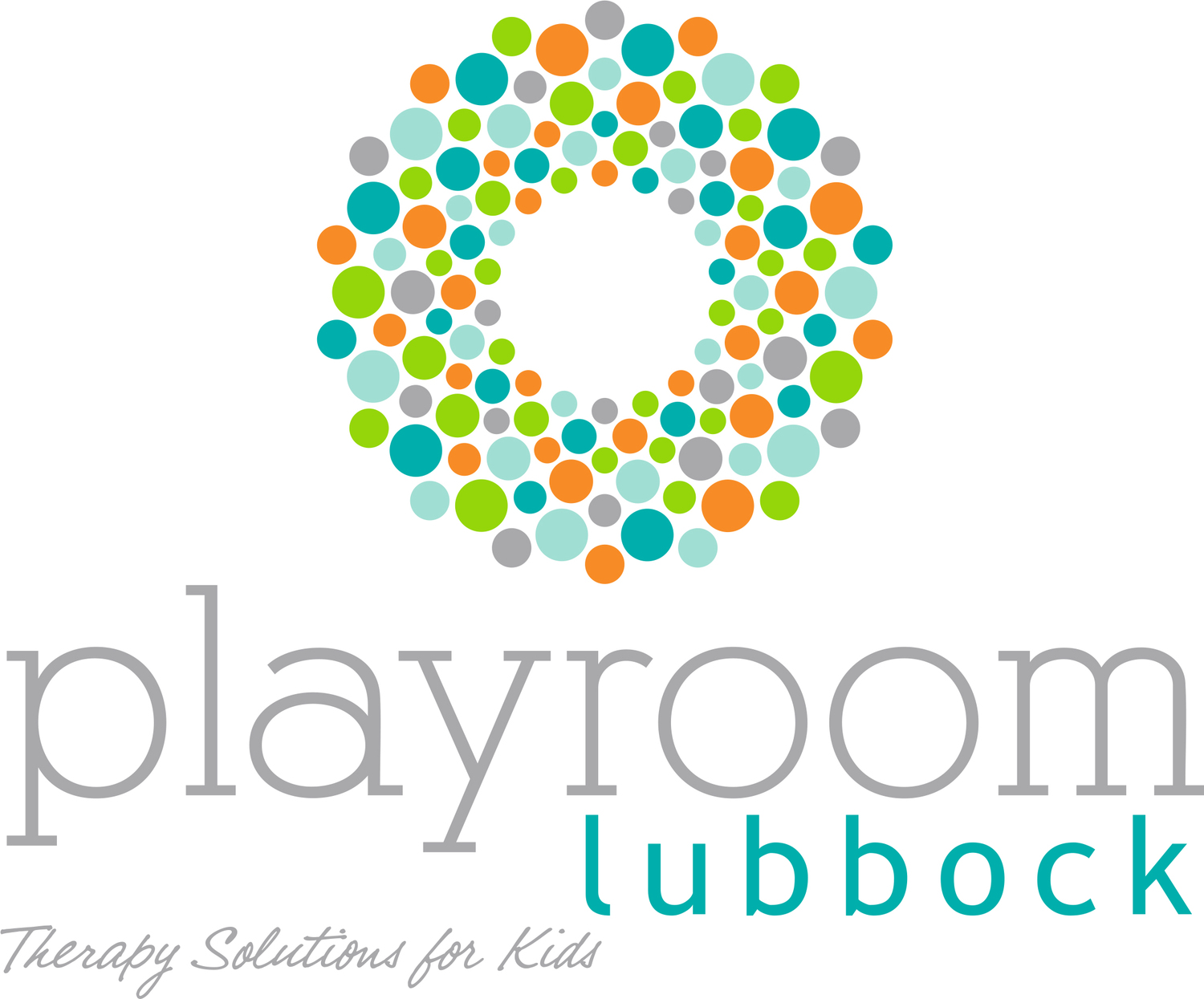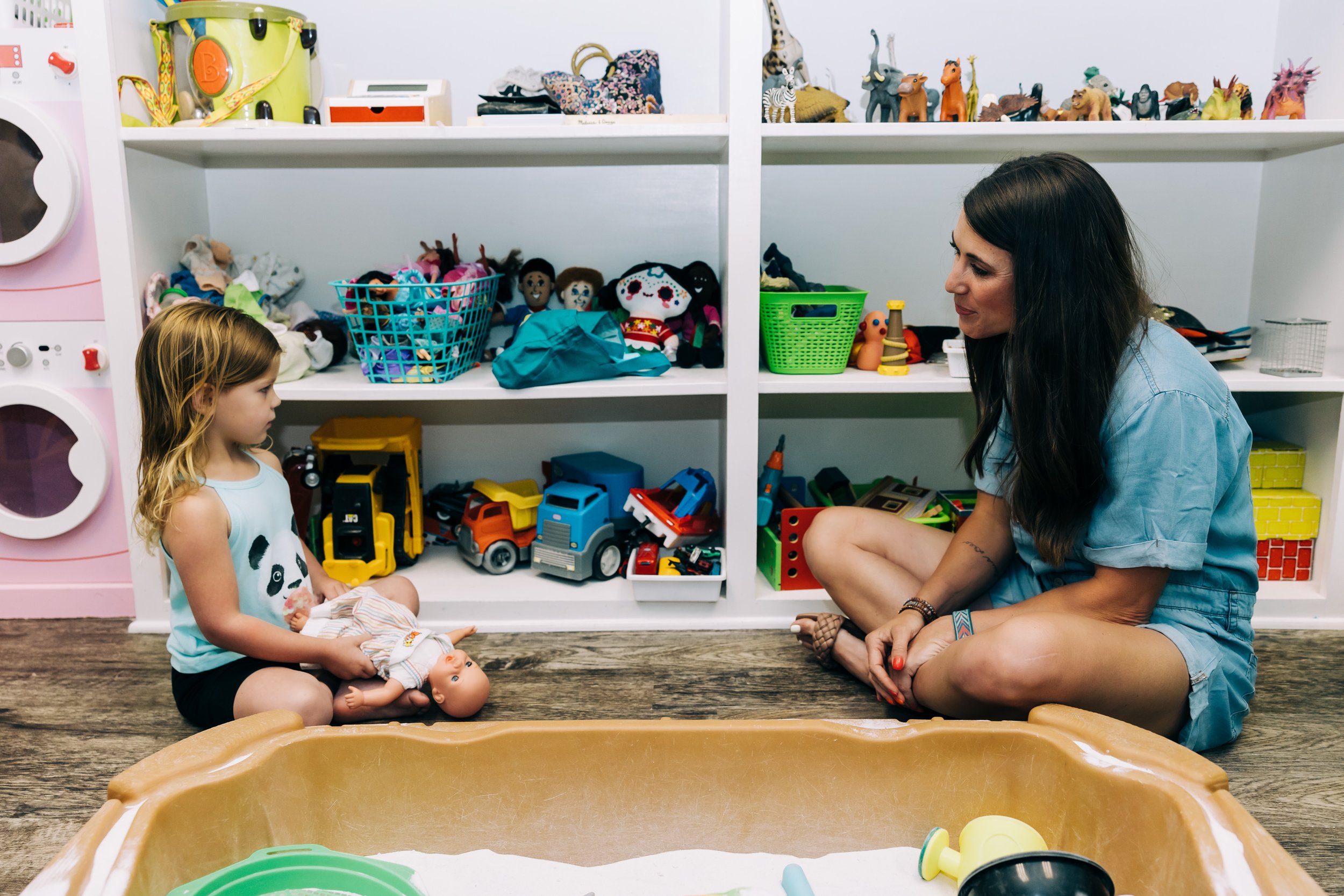How Does Play Therapy Help My Child?
As a parent and investor of your time and money in a mental health intervention such as play therapy, you may have some questions around why a counselor playing with your child is helpful. Play therapy is an experiential process which means that a child develops these capacities through the experience: the therapeutic relationship, therapist’s verbal and nonverbal responses, unconditional positive regard, and co-regulation.
There are 4 essential categories of the therapeutic powers of play
Increases Personal Strengths:
Play offers children creative ways to solve problems, enhances moral and psychological development and resiliency, and promotes self-regulation and self-esteem. The therapist builds the child’s capacity for regulation and emotion expression by modeling self-regulation and emotions intelligence skills. These skills then generalize into everyday life. By providing the child with complete acceptance, the therapist builds the child’s view of self and fosters positive self-esteem and self-confidence.
Enhances Social Relationships
Through the therapeutic relationship, play builds social competency, attachment, and empathy.
Facilitates Communication
Play gives voice to self-expression, allows access to unconscious thoughts, and allows for direct and indirect teaching. Play is a medium for self-expression. What children cannot say with words, they show us through play. Often children find it difficult to articulate or express emotions and challenging experiences. Play allows them to do this in their most natural language: play.
Fosters Emotional Wellness
Play gives children space to play out emotions or experiences that they are struggling with.. Both positive and negative emotions are expressed, promoting stress management and overcoming fears. The therapist supports the child to process these experiences in a healthy way.
More specifically , how does it work?
A Child Centered Play Therapist doesn’t suggest that clients play with a certain toy or work on a presenting problem. Instead, play therapists offer warmth, empathy and a gentle structure for clients to make their own meaning through the exploration and play they chose to engage in. Play reveals a child’s internal emotional world. Children have a unique voice in the playroom which doesn’t always include words. Roughly 70 percent of a play therapist’s work is nonverbal and 30 percent is verbal. When play therapy practitioners do speak, it is typically to offer reflection and encouragement on the play they are observing or to offer guidance such as setting limits.
Skilled play therapists can recognize play themes that reflect the child’s emotional needs and use them to help process their concerns. Play therapists respond to play themes, often saying back to the child what she is doing. Children appropriately interpret this as permission to continue, and delve deeper. It also promotes emotion regulation and mindfulness as the therapist attunes to the child, attends to the present, and pairs language with actions, thoughts, and feelings to facilitate integration.
Even though the reason that brought the child to therapy may not be that specific play scenario being played out, a skilled therapist uses a child’s play to address underlying feelings such as helplessness, fear, or anger. As their play moves through specific stages, emotions become less overwhelming, and many families note that behavior outside of the sessions improves.
*Not an actual client pictured with Kelly Martin, child counselor and play therapist.


